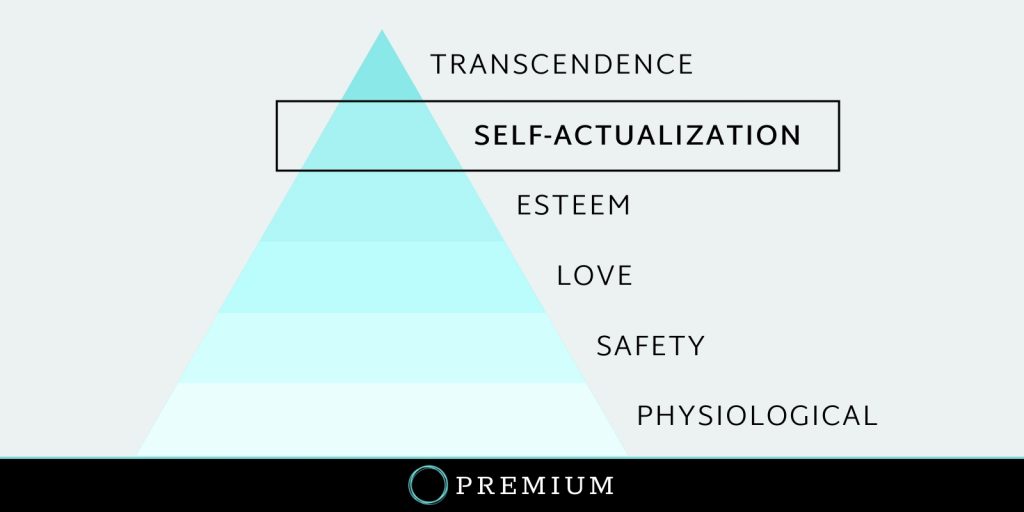What does it look like to reach the highest levels of humanness? Or, in Maslow's hierarchy of needs, self-actualization and transcendence? Could it provide a theoretical blueprint for the rest of us?
This is the first of two posts that will attempt to provide a synthesis of everything I've learned about these concepts to date. Fair warning: these concepts are incredibly deep. In fact, they are so deep that I've only been able to synthesize Maslow's own writings from The Farther Reaches of Human Nature with a portion of Scott Barry Kaufman's book Transcend at this point. More will continually be added over time, but I believe this provides a solid foundation to start.
It's important to note that self-actualization and transcendence can't simply be reduced to a checklist of to-dos. Instead, what you'll find is a detailed overview of descriptions and characteristics of these types of humans. This will help give us an understanding of what full humanness looks like—from there it's up to us to give ourselves an honest assessment of where we may already be living at these levels and where we have areas of opportunity.
It's also critical to note that these are the highest levels of human development for a reason. Many basic needs must be satisfied and integrated before one reaches them. As you move up the hierarchy of needs, Maslow says self-actualizers embody:
A way of life and a world view generated not only by the hierarchy of basic needs (for sheer physical survival, for safety and security, for belongingness, friendship, and love, for respect, esteem, and dignity, for self-esteem and feelings of worth), but also by the need for the actualization of one’s personal, idiosyncratic potentialities (i.e. identity, Real Self, individuality, uniqueness).
Maslow describes self-actualization as doing what one is individually "fitted for," true to one's "own nature," a desire for "self-fulfillment," to become actualized in what one "is potentially," and "to become everything that one is capable of becoming."
Maslow differentiates between two kinds (or degrees) of self-actualizing people:
- Those who were clearly healthy, but with little or no experiences of transcendence (e.g. Eleanor Roosevelt, Truman, Eisenhower)
- Those in whom transcendent experiencing was important and even central (e.g. Aldous Huxley, Schweitzer, Buber, Einstein)
We'll be covering #1 in this post. Let's dive into self-actualization and what it looks like to be a healthy self-actualizer.
Premium Post Contents:
- Who are Healthy Self-Actualizers? (+ Infographic)
- 10 Characteristics & Behaviors of Self-Actualizers
- Discovery of Who You Are
- Discovery of What You Do
- Metamotivated by the Being-Values (B-Values / Metaneeds)
- 14 Being-Values (B-Values / Metaneeds) (+ Infographic)
- Peak Experiences
- Your Self-Evolver Responsibility

🔒 Sloww Premium: Join 1000+ members from 50+ countries and get immediate access to exclusive content and the member-only community. Explore Sloww Premium.




